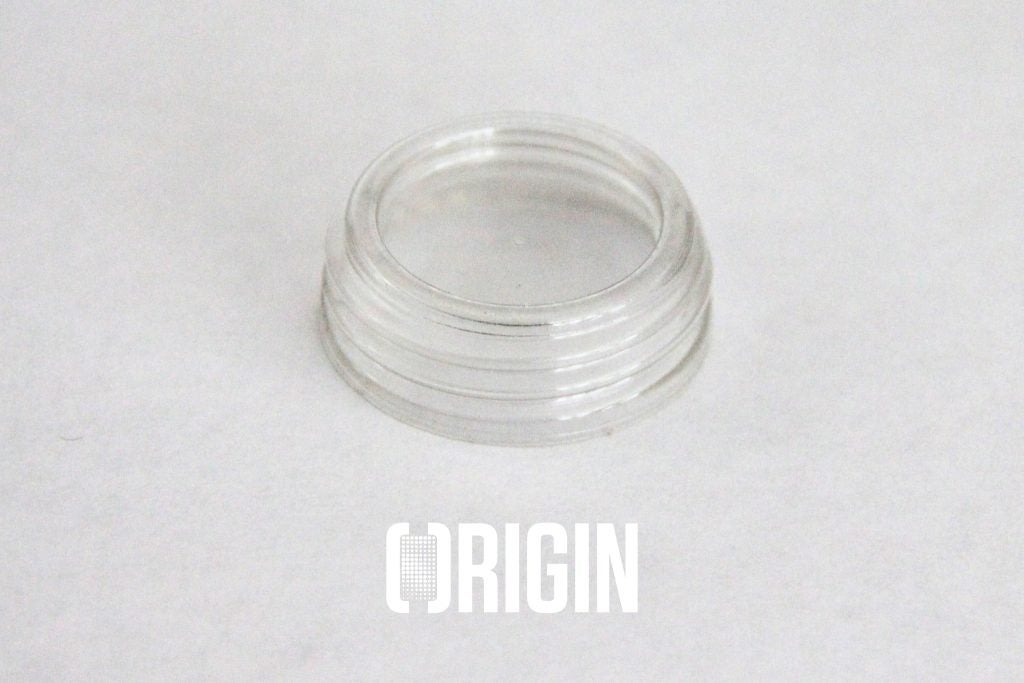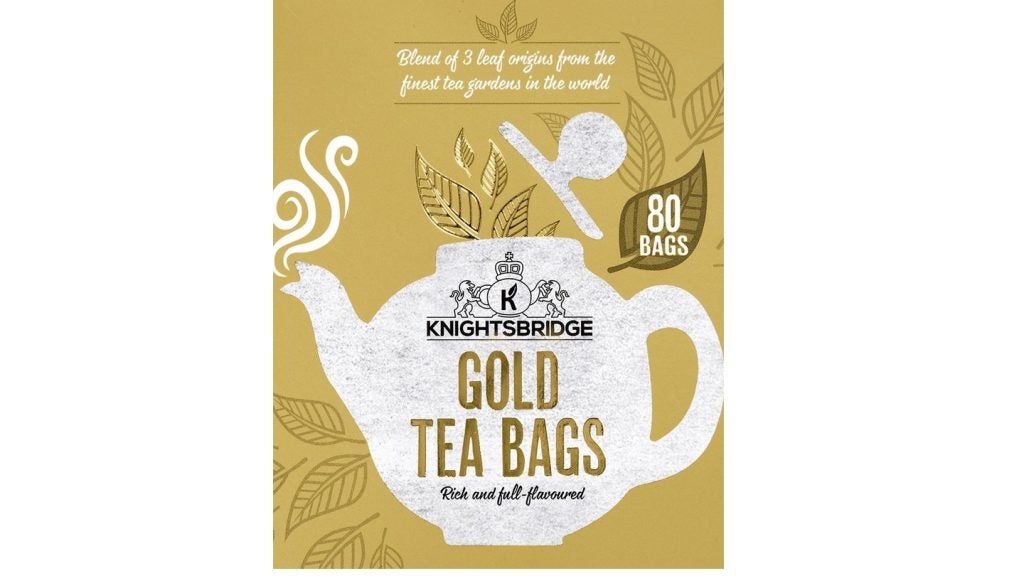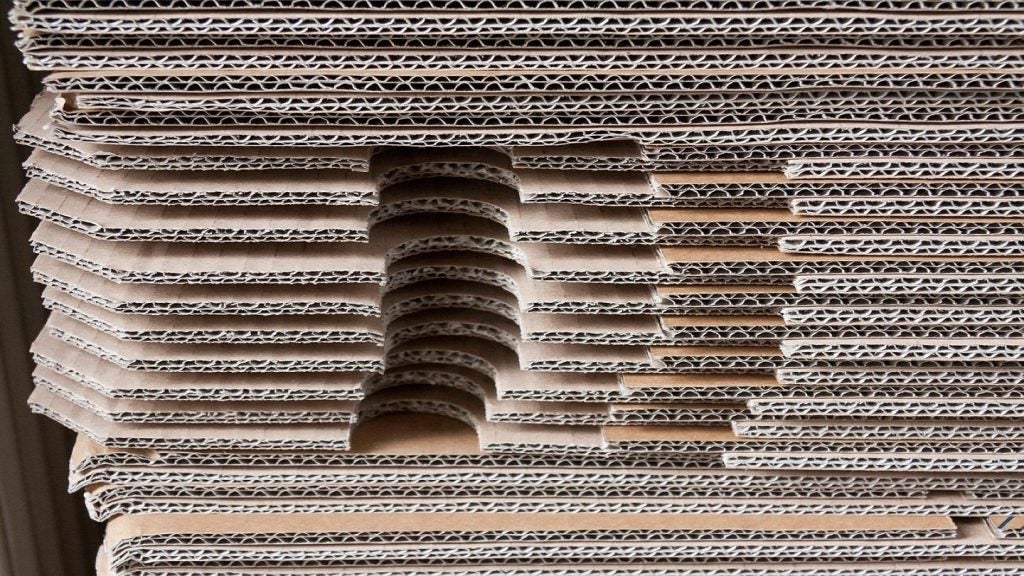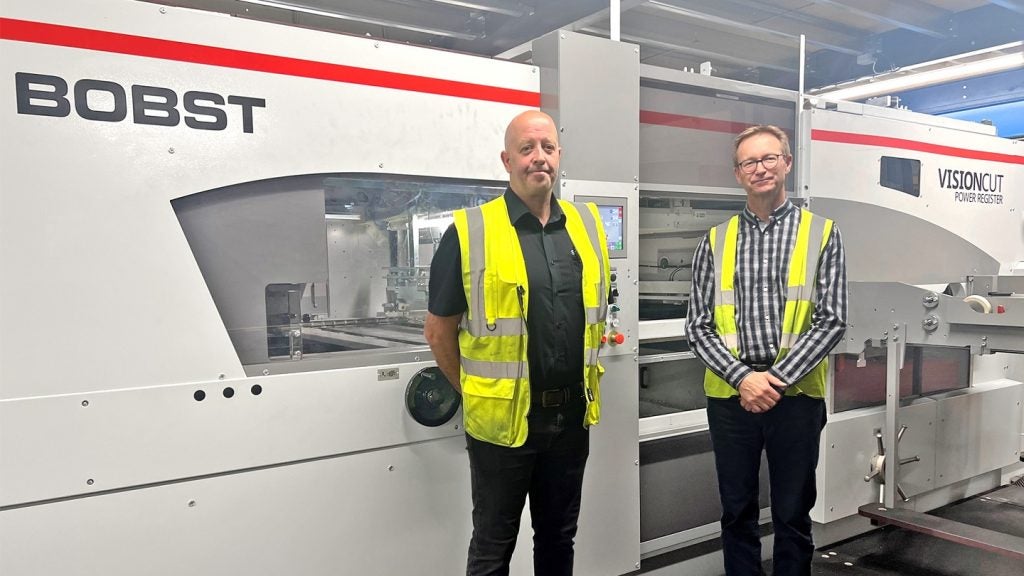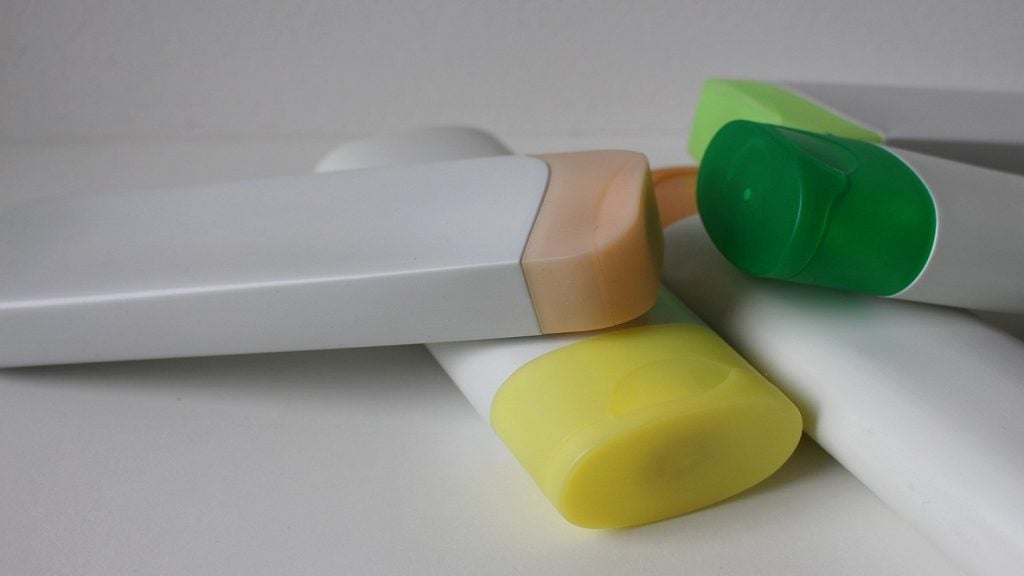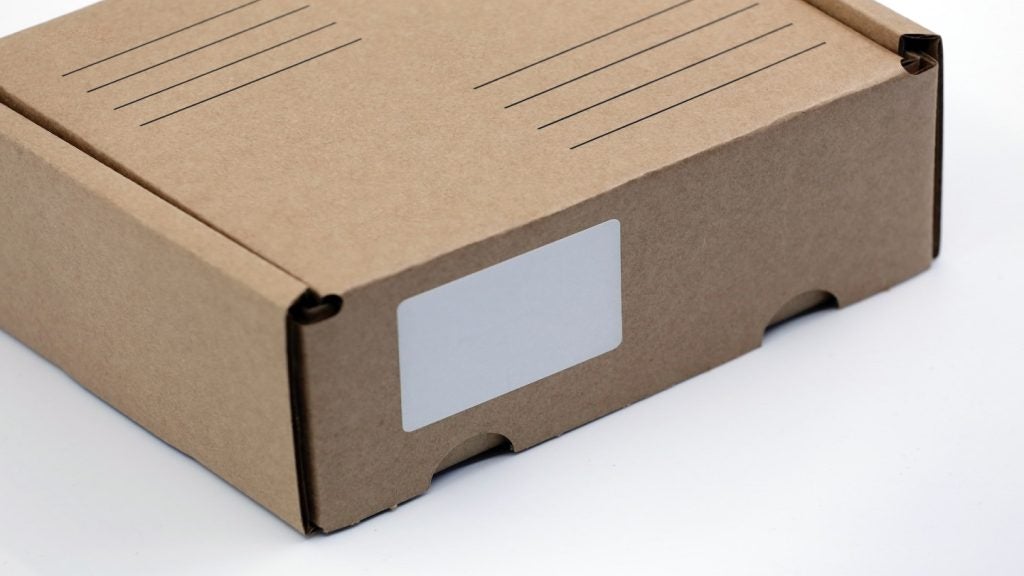Carbon negative materials company Origin Materials has developed ‘all PET’ (polyethylene terephthalate) bottle caps to improve post-consumer recycling.
According to the company, PET offers a better oxygen and CO2 barrier than HDPE and PP, which are materials commonly used for caps.
The PET caps are aimed at the global caps and closures market, and will enter the PET market which is expected to grow at an AAGR of more than 5% by 2027.
Cap tethering mandates, designed to incentivise the recoverability and recyclability of bottles, could further increase the demand for sustainable caps and closures. Tethering mandates require that caps remain firmly attached to bottles after opening and during the product's life cycle, with the aim of reducing plastic litter on beaches and in the ocean.
While traditional caps must be separated from PET bottles during recycling, Origin’s PET caps would reportedly not need to be separated from their tethered containers and therefore could be recycled simply and easily.
Origin Materials’ co-CEO and co-founder John Bissell commented: “An all-PET bottle and cap and closure system is an obvious, necessary next step in beverage packaging and recycling.”
The company recently collaborated with Husky Technologies to commercialise PET with the sustainable chemical FCDA for advanced packaging.


